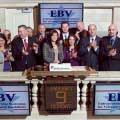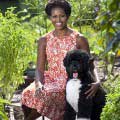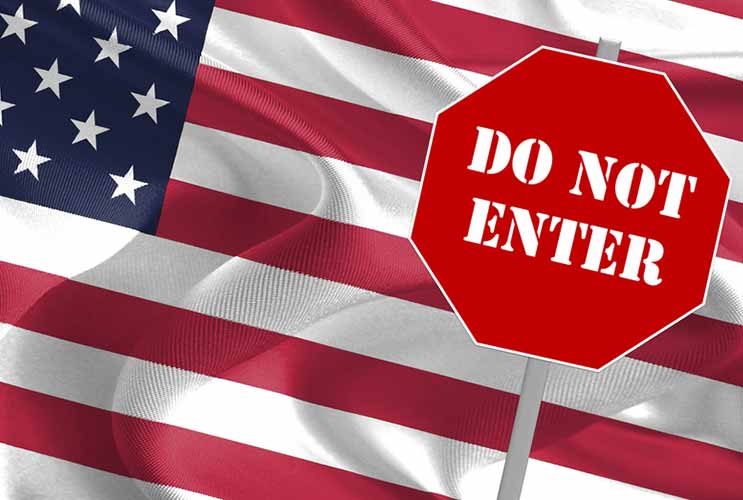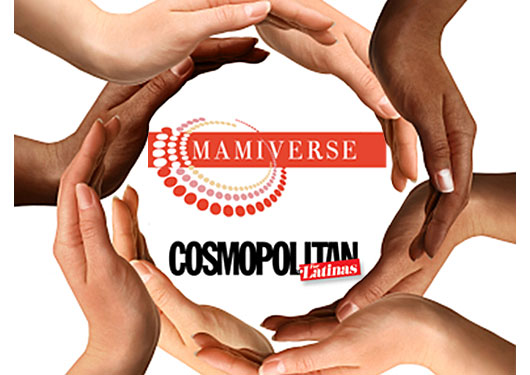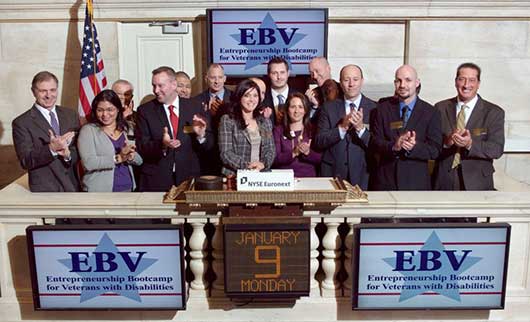
So you served in the military and now you want to start a business. In a slow economy this sounds challenging and downright crazy to some people. But as more Latinas transition from the service back into the civilian sector, they are seeking a stable career that will allow them to care for their families and take control of their lives. For many, self-employment is the surest road.
However, most of our female veterans have never started a business. Even those who earned a business degree in college acknowledge that having a degree in business does not guarantee success as a business owner.
Many returning vets need guidance and mentorship to get their businesses off the ground. In 1997, Air Force veteran Mike Haynie launched, with Syracuse University’s Whitman School of Management, a program to help veterans learn the ins and outs of entrepreneurship—and the Entrepreneur Bootcamp for Veterans with Disabilities (EBV) was born.
Since 1997, more than 600 veterans have graduated from the program, but most of them are men. I am one of the few women veterans to have graduated from the program, and I was one of three females in a class of 26 students.
The program is offered nationwide through universities that have joined the consortium of eight higher education institutions. Veterans can apply at any time, though it is recommended that applications be submitted by the end of each April. Once accepted, the veteran can chose what time of the year to attend or which institution to go to for the residency portion of the program (which is nine days) and the program coordinator tries to work with the applicant’s schedule of availability. The program is funded largely by private donors, which means no expense to the veteran—the 30-day course is completely free, with tuition, books, airfare, lodging and meals included.
Read Related: The Advantages of Being a Micro-Entrepreneur
The program is life-changing for most graduates and it has had successful results. More than 70% of graduates start their own businesses after graduating. In my case, the EBV Program helped me start my business, Elite Revolutionary Solutions and launch my first line of products, The Maestro Blocks Collection, which debuted in 2012.
Fellow graduate Marylyn Harris has had great success with her business, Harrland Healthcare Consulting LLC. She also started a second business, Women Veterans Business Center (WVBC) in Houston, Texas. Retired Air Force Lt. Col. Pam Randall started Llandner’s Leathercrafts, selling horse halters.
In 2011, Haynie started a special entrepreneur conference called Veteran-Women Igniting the Spirit of Entrepreneurship (V-WISE). It mirrors the EBV program but instead of a 30-day course, it offers a 15-day online course and a three-day conference where veteran women attend workshops and have the opportunity to network. This program is also available throughout the U.S. at different times of the year. Because the V-WISE program is still fairly new, attendees have to pay a minimal registration fee and their own travel expenses. However, the costs of food, lodging and books are paid for by funding from the Small Business Administration and private donors.
Hopefully, the EBV and V-WISE programs we will begin to see a higher rate of female applicants, particularly of Latinas. We Latina veterans have served our country well, and many of us leave the service full of ideas and innovation—and we just need some guidance to help us start our businesses and make them thrive. I encourage any veteran, Latina, Latino or otherwise, who is interested in starting a business to apply to these life-changing programs.

